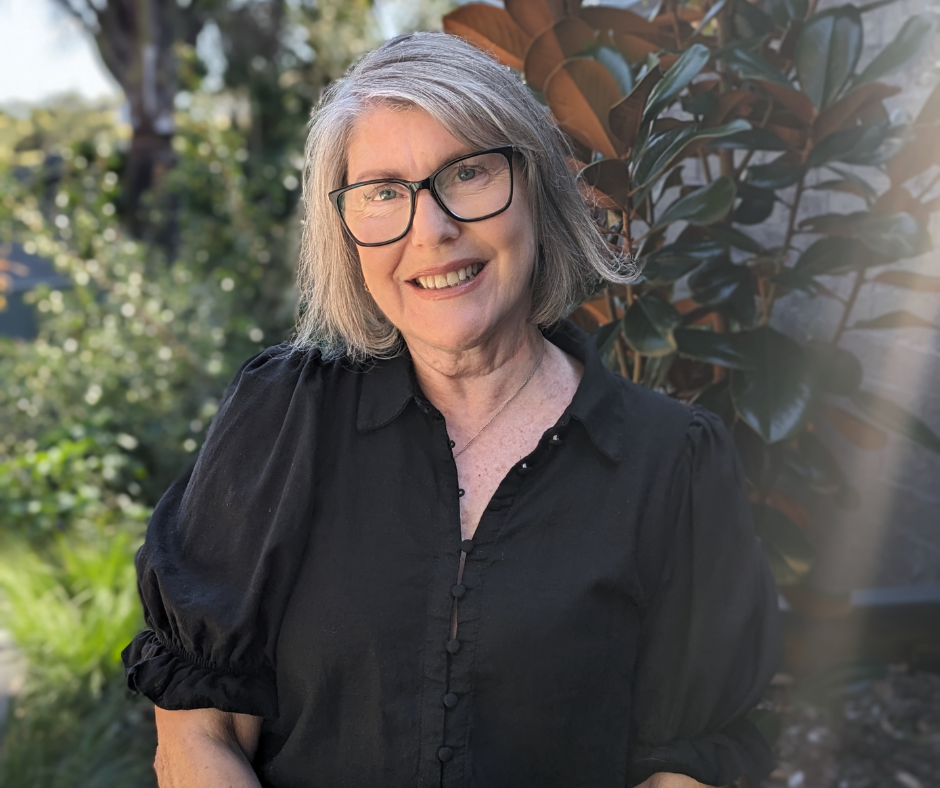Grief & Loss

By Deborah Lowndes
The Purpose Place Psychotherapy & Counselling
Grief isn’t something to fix or rush through. Instead, it’s a deeply personal journey—one that moves slowly and unpredictably. Perhaps you’ve experienced a recent loss, or maybe you carry a quieter grief that lives just beneath the surface. Either way, you’re not alone.
In this space, we honour all kinds of loss: the passing of a loved one, the unraveling of a relationship, a shift in identity, or even the loss of dreams you once held close. These experiences matter. And they deserve to be met with care.
At times, grief can feel like you’re moving through fog. Some days are heavy with emotion; others are strangely quiet. What you once knew—about yourself, your life, your relationships—can shift dramatically. Deborah’s approach to grief and loss therapy meets you right where you are: with presence, gentleness, and an attuned awareness of your whole being.
Beginning with What’s Real—Right Now
You don’t need to have the right words to begin. Some clients arrive feeling overwhelmed. Others feel numb, or unsure of what they’re even grieving. That’s okay. Deborah meets you exactly where you are.
Whether you show up with tears, silence, or uncertainty, it’s all valid. There is no expectation to be anything other than who you are in this moment.
Your Grief Lives in the Body, Too
Grief doesn’t only live in your thoughts. It often shows up physically—through fatigue, tension, shortness of breath, or trouble sleeping. These aren’t just symptoms to manage. They’re signals from your body, asking to be heard.
Deborah’s approach gently includes the body in your healing process. Through simple practices like grounding, breathwork, or noticing sensations, you’ll learn how to listen to what your body is holding.
This awareness helps you feel more connected, more steady, and more supported from within.
An Invitation, Not a Prescription
Everything in therapy with Deborah is an invitation. There’s no pressure to go faster than you’re ready for. You choose the pace. Some days, you might talk through memories. Other days, you might sit quietly or focus on what’s happening inside.
This slow, spacious approach is especially helpful when you’re dealing with trauma, chronic illness, or emotional exhaustion. There’s no “wrong way” to show up.
Making Space for the Full Range of Feelings
Grief doesn’t look the same for everyone. It’s more than sadness. You might feel anger, guilt, confusion, or even relief. These emotions can feel contradictory—but they’re all part of the process.
Deborah creates room for everything you’re feeling, without judgment. Together, you’ll explore the meaning behind those emotions, and what they’re trying to tell you.
A Partnership Built on Respect
Therapy isn’t a one-sided process. Deborah brings her training, experience, and calm presence—but your voice matters just as much. The work you do together is built on collaboration.
There may be moments of reflection, quiet insight, or shared understanding. You don’t have to carry this grief alone. You are not a “project.” You are a person, worthy of deep care.
Personalised Support That Adapts to You
No two people grieve the same way, which is why Deborah doesn’t follow a rigid method. Her integrative approach draws from trauma-informed, psychodynamic, body-based, and relational therapies.
Whether you need space to express emotions, work with the nervous system, or explore meaning and identity, the sessions are shaped by your needs—not by a set agenda.
Moving Forward, Not Moving On
With time, many clients discover that healing isn’t about forgetting. It’s about finding ways to carry grief differently. Deborah supports you in integrating the loss into your life—not erasing it.
Some clients develop rituals, create space for memories, or explore new understandings of self. These are quiet but powerful shifts that allow you to continue living while honouring what (or who) you’ve lost.

When You’re Ready, Reach Out
Starting grief therapy doesn’t require you to be “ready.” It only asks that you’re curious, or that something in you feels drawn to this kind of support.
Deborah offers a free 15-minute Telehealth consultation—a gentle space to ask questions, sense the connection, and see if this approach feels right for you.

